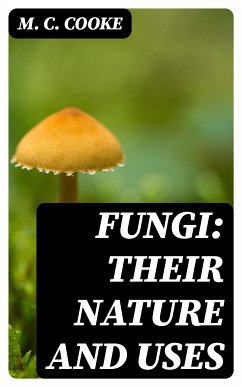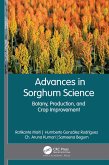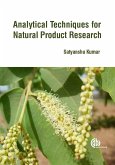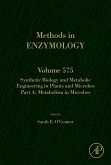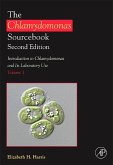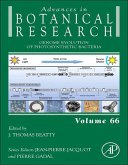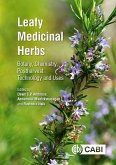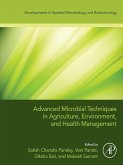Fungi: Their Nature and Uses by M. C. Cooke is a pioneering work that delves into the multifaceted world of fungi, illuminating their biological characteristics and practical applications. Cooke presents a comprehensive exploration of various fungal species, detailing their ecological roles, nutritional value, and medicinal properties. The work is marked by a meticulous attention to detail, showcasing a rich interplay of scientific inquiry and literary craftsmanship. Its historical context is of particular note, as it emerges from the 19th-century surge of interest in natural sciences, reflecting the burgeoning curiosity about life forms outside the realm of plants and animals. M. C. Cooke was a prominent mycologist whose deep-rooted fascination with fungi was cultivated during a time when mycology was beginning to gain recognition as a vital branch of biology. His extensive fieldwork, comprehensive research, and contributive role in various mycological societies highlight his dedication to understanding and classifying fungi. Cooke's passionate writings stemmed from a desire to raise awareness about the importance of these often-overlooked organisms in ecosystems and human health, making his insights all the more significant. This book is an indispensable resource for anyone intrigued by the natural sciences, particularly mycology. Whether you are a student, a researcher, or simply a curious reader, Fungi: Their Nature and Uses provides a rich tapestry of knowledge that bridges the gap between scientific rigor and accessible prose. Cooke's work is not only a celebration of fungi but also a clarion call to appreciate their integral role in our world.
Dieser Download kann aus rechtlichen Gründen nur mit Rechnungsadresse in A, B, BG, CY, CZ, D, DK, EW, E, FIN, F, GR, H, IRL, I, LT, L, LR, M, NL, PL, P, R, S, SLO, SK ausgeliefert werden.

